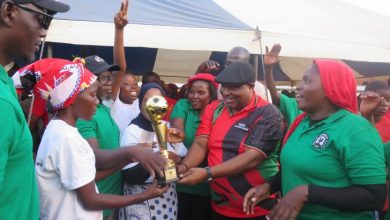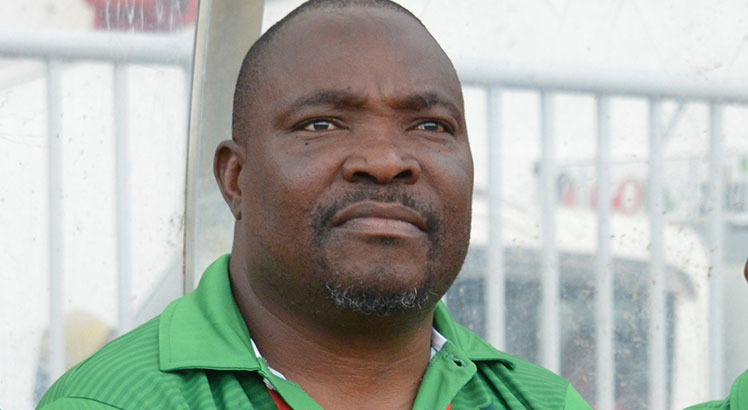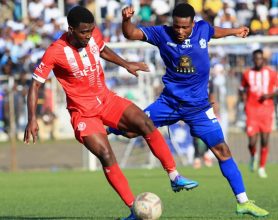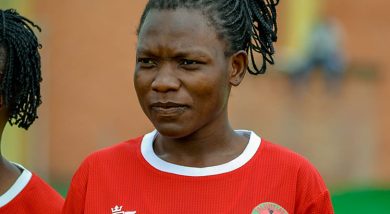Why Malawian players struggle in SA
The story of Malawian footballers and destination South Africa is one of a Midas Touch turning into a Judas Touch. Betrayal—real or imagined.
Until the late 1990s, South Africa was a land of dream; it transformed careers and lifestyles of Malawian footballers, offering a model of rags-to-riches story lines.
Not any more.
One by one, Malawian players are returning. Even arguably the Flames most-disciplined player Dave Banda has been flushed out like a toilet tissue.
The theory cooked in Malawi suggests that South Africa football is hell bent on killing Malawi football talent.
The Premier Soccer League (PSL) is then projected like some monster with cash too irresistible for a miserable Malawian player who is lured only to be bullied and frustrated back home.
Since there is a consensus that discipline and form could be the major reasons that fail Malawian players in South Africa, let me attempt to define what is really meant.
In Malawi, there is a limited meaning of ill-discipline, restricting it to drinking, smoking and in rare cases, drug use. In South Africa, that is merely scratching the surface.
The PSL is, commercially, one of the world’s best. Its football standards might be exaggerated, but it has sound structures, world-class facilities, coaches and administrators competent enough to perfectly run Fifa 2010 World Cup.
What these professionals expect from a player, let alone a foreigner, is discipline in the strictest sense of the word.
Discipline extends to lesser yellow/red cards players pick in games, punctuality in training, adhering to weight and pace prescriptions, application in training (body language and the work rate) and speed in grasping instructions (in English).
These are the things other foreigners learn in their home countries, especially at academies. Malawi has no worthwhile football academies. If there are any.
Unfortunately, most Malawian players take to South Africa very basic bad habits such as excess weight, drinking and smoking.
Some players might be disciplined, but again, that is in the Malawi context, meaning they do not drink, smoke and misbehave.
When the seemingly disciplined players go to South Africa, they find the bar up.
The second group is that of Malawi football stars who, barely after a season of impressive performances in the Super League, are rushed to PSL where they find the professional set up too complicated.
The third group of those who flop is that of players who sign for South African clubs in either their late 20s or early 30s. Sooner or later, the ravages of age catch up with them.
The fourth group is that of Malawian players in their prime, but when they get to South Africa, they fail to grasp the meaning of fighting for their position. They are used to being a big fish in a small pond that is Malawi. When they get to South Africa, they are like a small fish in a big pond. They simply fail to accept the new harsh reality.
In Malawi, such players are guaranteed game time, they expect the same in South Africa and fail to provide that extra edge which coaches expect in foreigners.
It explains why other foreigners succeed in South Africa while Malawians are returning home with sad tales.
Domestic football has to step up its act, move with times and be professional, then adjusting to the PSL demands would not be a herculean task for Malawian players.





